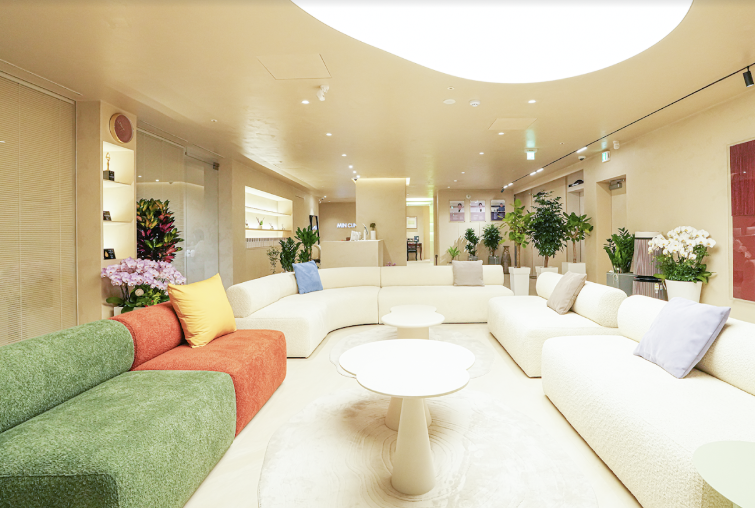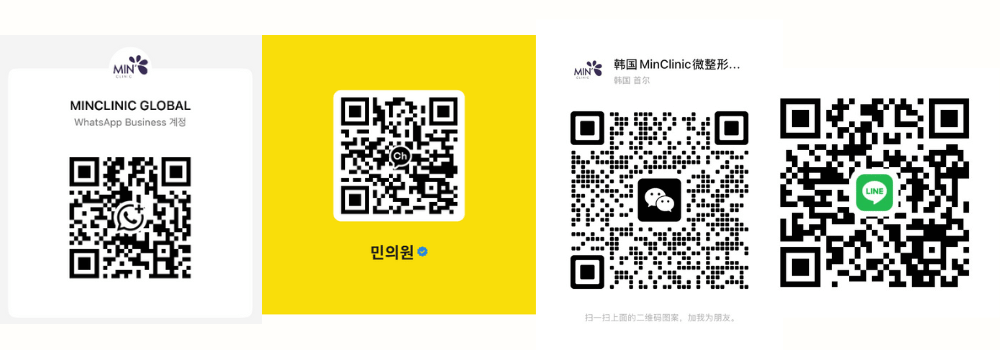Why Some Laser Treatments Can Worsen Acne Scars | Risks & Prevention
What Happens to Skin During Laser Treatment
Laser treatments for acne scars work by delivering energy (light/heat) into the skin to either remove damaged surface layers or stimulate collagen in deeper layers. Healthline+2dermatologyseattle.com+2 The idea is to replace scarred tissue with smoother, healthier skin.
But because lasers essentially create controlled damage in order to heal, if the treatment is too aggressive, used on the wrong type of skin, or post-care is inadequate, the outcome can actually worsen the scar appearance or create new scars. AAD+1
⚠️ Key Reasons Laser Treatments Can Make Things Worse
1. Wrong Type of Laser or Settings for The Skin/Scar Type
If a high-energy ablative laser (which removes surface skin) is used on someone whose scar type or skin tone isn’t suited, the risk of complications increases. For example, deeper penetration means a higher risk of scarring or prolonged inflammation. Cleveland Clinic+1
2. Skin Barrier Disruption & Inflammation
Lasers disrupt the skin barrier. If already active acne, open pores, or inflammation exist, laser treatment can trigger more damage rather than healing. As one source notes: “Some lasers can make existing acne worse … Any laser that disrupts the skin barrier can cause breakouts to occur.” NewBeauty+1
3. Post-Treatment Complications: Infection, Pigmentation, Mal-Healing
After laser treatment there’s a window of healing where the skin is vulnerable. Complications might include:
- Hyper- or hypo-pigmentation, especially in darker skin or sun-exposed areas. 웹MD+1
- Infection or delayed healing, leading to worsened texture or new scar formation. NCBI
- Acne flares or ‘acneform’ reactions due to ointments, occlusion, or pore blockages during recovery. RealSelf.com+1
4. Inappropriate Timing or Skin Condition
If the skin is still active with acne, or if the scar is immature or the skin tone risky, proceeding with aggressive laser treatment is ill-advised. Some scars require alternative modalities (microneedling, fillers, etc.) rather than just laser resurfacing. SL Aesthetic Clinic
🎯 How to Avoid the Risk: Smart Pre-Treatment & Clinic Selection
Ask these key questions before going ahead:
- “What type of scar do I have (rolling, boxcar, ice-pick) and is this laser the right one?”
- “What laser setting and depth will you use given my skin tone and texture?”
- “What are the risks of worsening my scar or pigmentation, and what after-care will you provide?”
- “Is my skin condition stable (no active acne), and am I a good candidate for this procedure now?”
Choose the right clinic environment:
- Responsible clinics will have a board-certified dermatologist or specialist oversee the procedure.
- They will show you previous results for your scar type and skin tone.
- They will provide a clear written plan: device, setting, number of sessions, downtime, after-care.
Follow after-care strictly:
- Avoid sun exposure and use high SPF.
- Use gentle, non-comedogenic products; avoid heavy occlusive creams that block pores.
- Watch for signs of infection or abnormal healing, and return to your doctor if you notice changes.
📌 Final Thoughts
Laser treatments are powerful tools for improving acne scars — but they are not risk-free. In the right hands, with proper patient selection, technique and follow-up care, lasers can transform skin. But if used inappropriately, they can worsen scars, cause new pigmentation or texture issues, and lead to disappointment or worse.
If you’re considering laser treatment for acne scars in Korea (or anywhere), make sure the clinic is transparent, experienced, and aligned to your skin’s current condition and risk profile.





